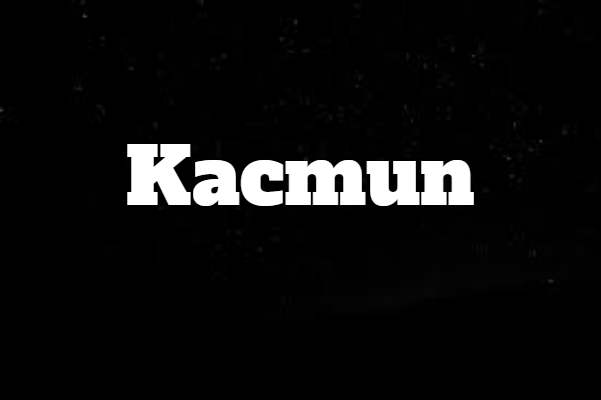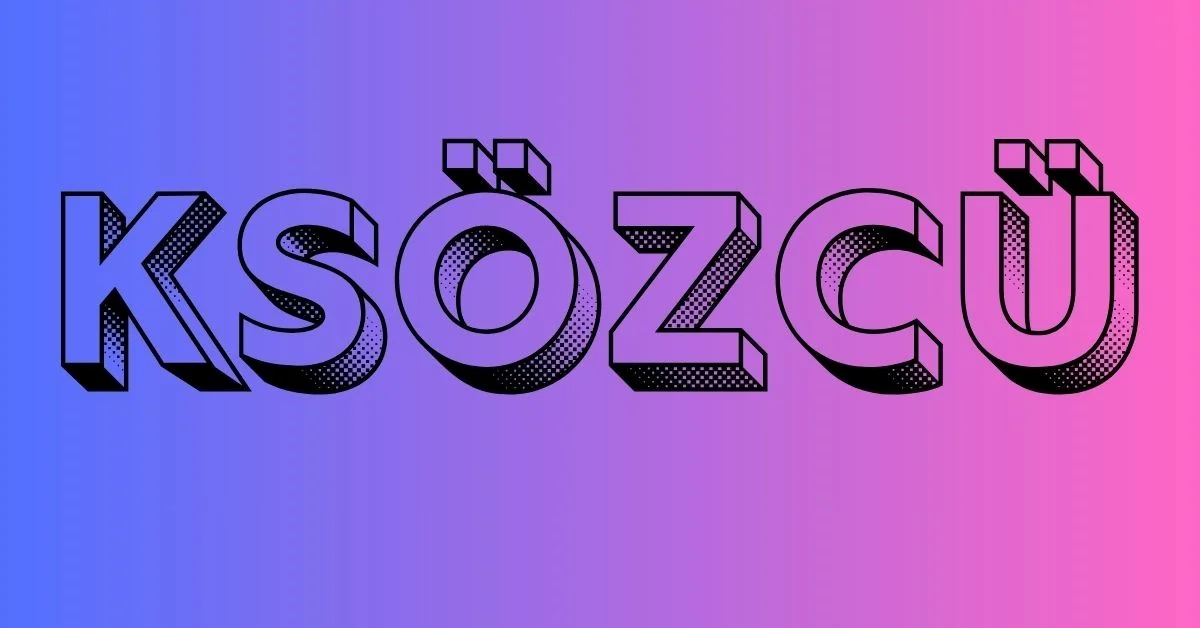Introduction
Model United Nations (MUN) is more than just a simulation; it’s a powerful platform that fosters diplomacy, critical thinking, and global citizenship among students. One such standout event in this realm is KACMUN—an academic simulation hosted by Korean American Coalition (KAC) Los Angeles, aimed at empowering high school students, especially those from underrepresented communities.
In this article, we’ll dive into everything you need to know about KACMUN, from its history and mission to how it helps young leaders develop the skills they need to thrive in a global society.
What is KACMUN?
KACMUN stands for Korean American Coalition Model United Nations. It is a student-driven educational conference that brings together high school students, mainly from underserved communities in Los Angeles and surrounding areas, to participate in a professional-grade MUN experience. Hosted by the Korean American Coalition-Los Angeles (KAC-LA), the event emphasizes civic engagement, diplomacy, leadership, and cultural understanding.
History of KACMUN
The KAC launched KACMUN in 2011 with the goal of bridging the opportunity gap in academic enrichment for underrepresented youth. Since its inception, the event has grown in popularity and influence, hosting hundreds of students annually. KACMUN was born out of the belief that every student, regardless of socioeconomic status, should have access to the tools and experiences that shape tomorrow’s leaders.
Mission and Vision of KACMUN
At its core, KACMUN is about empowerment through education. Its mission is to:
-
Encourage youth participation in civic discourse.
-
Provide a platform for underrepresented students to explore global issues.
-
Foster critical thinking, public speaking, and teamwork skills.
-
Promote diversity and inclusion in academic extracurriculars.
The vision is clear: equip a new generation of diplomatic, socially aware, and culturally sensitive leaders.
Who Can Participate in KACMUN?
KACMUN is open to high school students, typically from grades 9 through 12. The program specifically targets youth from communities that might not otherwise have access to traditional MUN programs due to financial, logistical, or institutional barriers.
Participants don’t need prior MUN experience. KACMUN provides training, mentorship, and support, making it an ideal starting point for newcomers.
How KACMUN Works
KACMUN follows the standard Model UN format but adds a culturally aware and accessible twist. Here’s a breakdown:
1. Committee Assignments
Students are assigned countries and placed in UN committees like:
-
United Nations Security Council (UNSC)
-
United Nations Human Rights Council (UNHRC)
-
World Health Organization (WHO)
-
General Assembly (GA)
2. Training Sessions
Leading up to the main event, participants attend workshops on public speaking, research, and resolution writing. These sessions are often led by experienced MUNers or professionals from diplomatic or civic fields.
3. The Conference
Over the course of one or two days, delegates engage in formal debate, negotiate with peers, and draft resolutions to global issues. They must represent their assigned country’s stance while remaining respectful, diplomatic, and solution-oriented.
Why KACMUN Matters
KACMUN plays a significant role in shaping future leaders for several key reasons:
1. Accessibility
Unlike many elite MUN programs that charge high participation fees, KACMUN is free or low-cost. It’s designed to remove economic barriers and encourage broader participation.
2. Representation
Many traditional MUN circuits are dominated by students from affluent or private schools. KACMUN changes that narrative by ensuring students from all backgrounds get a seat at the table.
3. Real-World Skills
From writing and research to public speaking and collaboration, students walk away with skills applicable in college and beyond.
4. Confidence Building
For many, KACMUN is the first time they’re asked to speak publicly or engage with global politics. The sense of accomplishment students gain is transformative.
Success Stories from KACMUN
Many alumni of KACMUN have gone on to prestigious universities, careers in public service, law, education, and international relations, and continued advocacy work. The event often serves as a launching pad for students who otherwise might never have imagined careers in global policy or diplomacy.
Several past delegates have even returned to mentor or staff future KACMUN events, creating a sustainable cycle of community leadership.
Key Partners and Sponsors
KACMUN thrives thanks to the support of educational institutions, civic organizations, and sponsors such as:
-
City of Los Angeles
-
Los Angeles Unified School District (LAUSD)
-
Local nonprofits and cultural foundations
-
Korean American community leaders
This network provides logistical, financial, and mentoring support, reinforcing the program’s mission.
KACMUN vs Traditional MUN Conferences
| Feature | KACMUN | Traditional MUN |
|---|---|---|
| Cost | Free or minimal | Often expensive |
| Demographic | Underrepresented students | Affluent, often private school students |
| Training | Provided before the event | May require prior knowledge |
| Focus | Inclusion, accessibility, empowerment | Competition, academic prestige |
This comparison shows how KACMUN fills a vital gap in the educational ecosystem.
How to Get Involved with KACMUN
Whether you’re a student, teacher, or volunteer, there are many ways to join:
-
Students: Apply through your school or the KACMUN website.
-
Educators: Nominate students and help coordinate participation.
-
Volunteers: Help with logistics, mentoring, and staffing.
-
Sponsors: Contribute financially or with in-kind support.
Tips for First-Time Delegates
-
Do your research on the country and issue.
-
Write a solid position paper.
-
Practice public speaking—even at home!
-
Dress professionally to match the diplomatic tone.
-
Stay respectful and diplomatic, even in disagreement.
Future of KACMUN
As KACMUN continues to grow, it aims to expand across California and potentially nationwide. The goal? To create a network of civic-minded youth who are confident in their voice and passionate about global issues.
Conclusion
KACMUN is more than a conference—it’s a movement to democratize leadership, diplomacy, and education. By empowering young people, particularly from marginalized communities, with the skills and confidence to engage in global affairs, KACMUN is nurturing the leaders of tomorrow. If you’re passionate about international issues, public speaking, or just making a difference, KACMUN is the place to start.
FAQs
1. Is KACMUN only for Korean American students?
No. KACMUN is inclusive and open to all students, regardless of ethnicity or background.
2. Do I need MUN experience to join KACMUN?
Not at all! KACMUN offers training and support to first-timers.
3. How can schools get involved?
Schools can partner with KACMUN by registering student delegates and supporting participation.
4. Are there awards or recognitions at KACMUN?
Yes, students are often recognized for Best Delegate, Position Paper, and Diplomatic Performance.
5. How can I support KACMUN as an adult or professional?
You can donate, volunteer, or become a mentor to help students thrive in the program.


